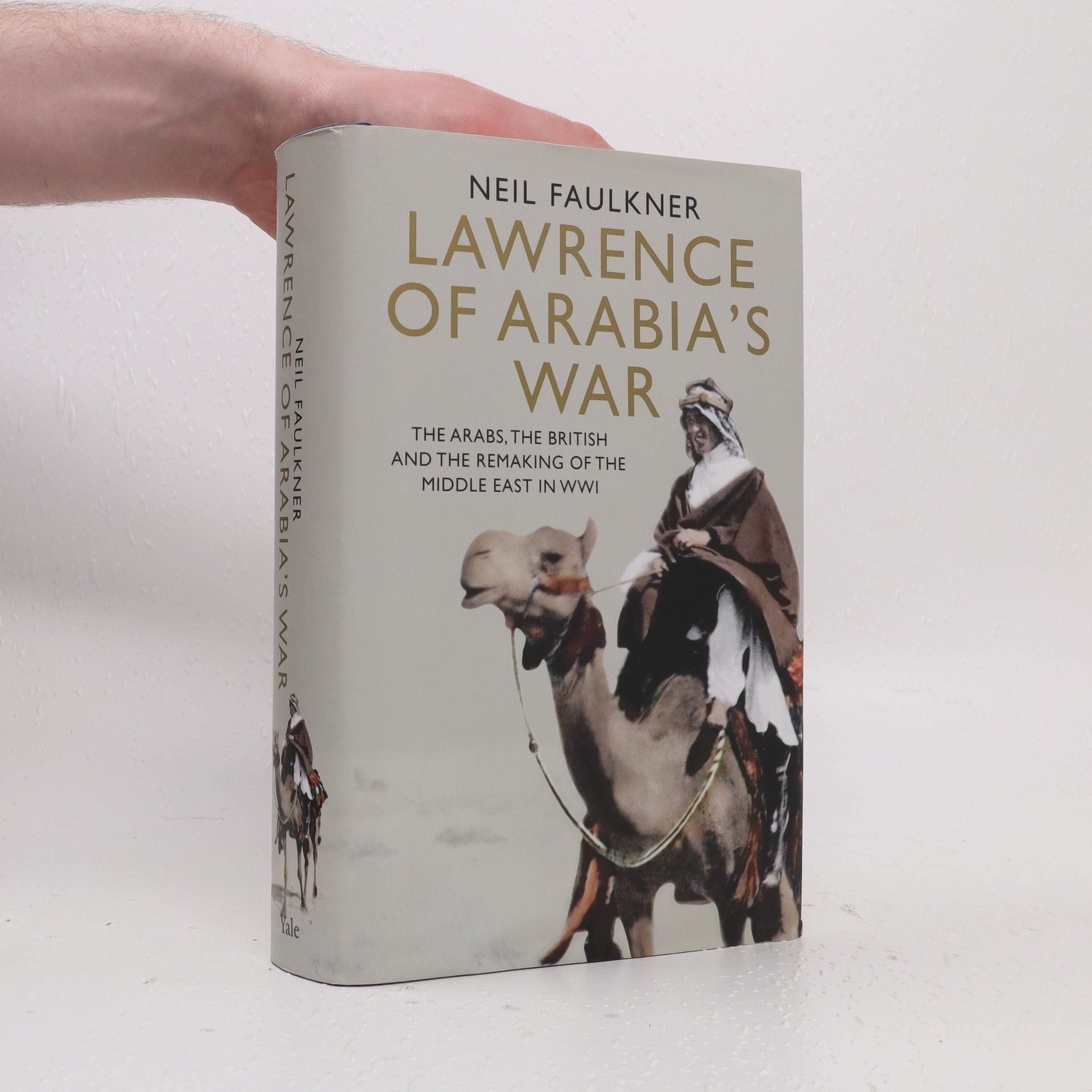Interpreting Archaeology: What Archaeological Discoveries Reveal about the Past
- 256pages
- 9 heures de lecture
Focusing on significant archaeological discoveries, this visually rich hardback explores the history of civilization from iconic sites like Stonehenge to Tutankhamun's tomb. It covers both renowned and obscure excavations, revealing insights into the Eastern Roman Empire, Tudor London, and Mughal Delhi, while also examining the impacts of revolutions and wars. Enhanced by stunning full-color photography, the book includes an in-depth timeline and informative feature boxes, making it an engaging resource for history enthusiasts.




